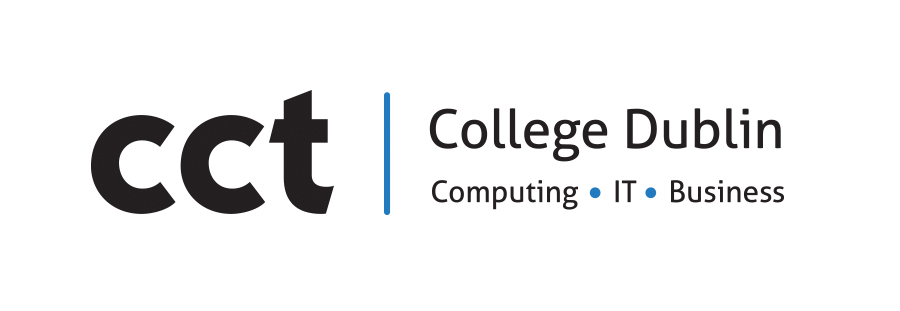Fintech has evolved from a niche industry disrupting the staid world of corporate banking into a normal part of everyday finance and personal banking. Starting in the financial crisis of 2007, Fintech has reshaped critical aspects of the modern financial world, from changing the way financial products are bought and sold to using AI to make personal banking as easy as shopping online. The industry has moved from a strong focus on internally developed systems to a vendor-led approach, which has opened up the market to innovators and start-ups who can automate systems and transform customer experiences.
This Diploma course in Fintech provides an overview of Fintech as an industry, unpacking the complex world of financial institutions and the varied firms that provide solutions to businesses in the space, which range from hundreds-of-years-old banks to start-ups. The technologies that have enabled this change are covered, along with the structure and practices of typical Fintech companies. While Fintech companies operate in a complex financial and technological world, this course does not require in-depth knowledge of how financial markets work, or indeed an in-depth knowledge of technologies like blockchain and AI. Rather this course describes how those technologies are used to deliver business outcomes and improve customer experience. The content will be presented from a business perspective, covering in detail why Fintech is important and how it is deployed in modern banking.
CCT College Dublin Professional Certification confirms the successful completion of the Diploma in Fintech. Professional Certification supports career advancement through verification of upskilling. This programme does not lead to an award on the National Framework of Qualifications (NFQ).
This primary aim of this course is to provide an in-depth understanding of the Fintech industry, covering the practices, client types, and technologies that are in play. On completion of the Diploma in Fintech students should have obtained:
- Deep understanding of the financial industry that Fintechs operate in
- Knowledge of what led to the need for the Fintech industry in the first place
- Detailed understanding of the evolution of the industry and where it is headed over the next three years
- Understanding of the technologies that are relevant for Fintech companies, and the key pain points they are used to solve
- How Fintech companies typically operate as product firms, covering R&D, professional services and supporting services.
Fintech and Banking
Fintech Overview
- What is Fintech?
- Growth and value of the sector
- Why dealing in information over physical assets makes banking suitable for disruption
- Examples of fintech innovation, from insurance to buying property to catching money-launderers.
The World of Banking
- The categories of financial institutions
- Challenger Banks (N26, Revolut, Uber, Amazon)
- Front, Middle, and Back Office operations
- Discussion on the types of systems that bankers require:
- Client Relationship Management
- Trading Systems
- Client Lifecycle Management Systems
- AML Screening Solutions
- Credit Reference Agencies
- Master Data Management
$10 Billion: Compliance and Fines in Financial Institutions
- How financial institutions manage risk
- Discussion of topics like Know-Your-Customer and Anti-Money Laundering laws drive by laws such as the European Union’s 5th AMLD and United States’ Banking Secrecy Act.
- Whistleblowing and Leaks
- Panama Papers / Mossack Fonseca / Paradise Papers
Innovations and Disruption
The Future of Money
- Cashless Societies: “Do you accept card?” to “Do you accept cash?”
- Cryptocurrencies and the Blockchain
- The risks for anti-money laundering posed by challenger banks:
- Identification and Verification
- Anti-impersonation
- Transaction Monitoring
- Tax Evasion
The Digital Customer Journey
- The digital journey in financial services
- Making banking as easy as Amazon; the importance of frictionless CX/UX
- How fintech supports the safe onboarding of new customers
- How banks are balancing the customer experience against compliance risk
Innovation in Financial Markets
- How competitive advantage is measured in milliseconds in high-frequency trading
- Exchange-traded funds and the need for automation
- How Lehman Brothers and the Recession created the market for Regtech
- From the trading floor to smartphones
- Crowd markets and the democratisation of investing
AI & Automation
- How financial institutions reduce operational costs and risk by leveraging:
- Machine Learning
- AI
- Robotic Process Automation
- Straight-through processing, Low touch / No touch systems
- Balancing automation against the human touch for Private Banking
APIs and Open Banking
- The complexity and silos of large banks
- How banks manage interconnectivity and shared data
- The importance of re-using data
- Master Data Management systems
The Fintech Organisation
Fintech Software Delivery
- How software is delivered to large organisations over several years
- Overview of the complexity of large, multinational banks
- Buy vs. Build in large companies
- Discussion of the types of relevant roles
Product Strategy & Development
- How Fintech companies develop software
- Product Management and Roadmap
- Strategy and Vision in a new marketplace
- Discussion of the types of relevant roles
What’s Next for Fintech?
- New areas of opportunities for fintech
- Growth in a dynamic market
- What roles will be needed
Assessment for this course will be a written assignment (70%) and presentation (30%).
This course will provide a strong basis for entry-level roles in Fintech companies across areas like Business Analysis and Product Analysis. Coupled with qualifications in areas like project management or product design it will enable students to pursue career in Fintech companies in those areas.


